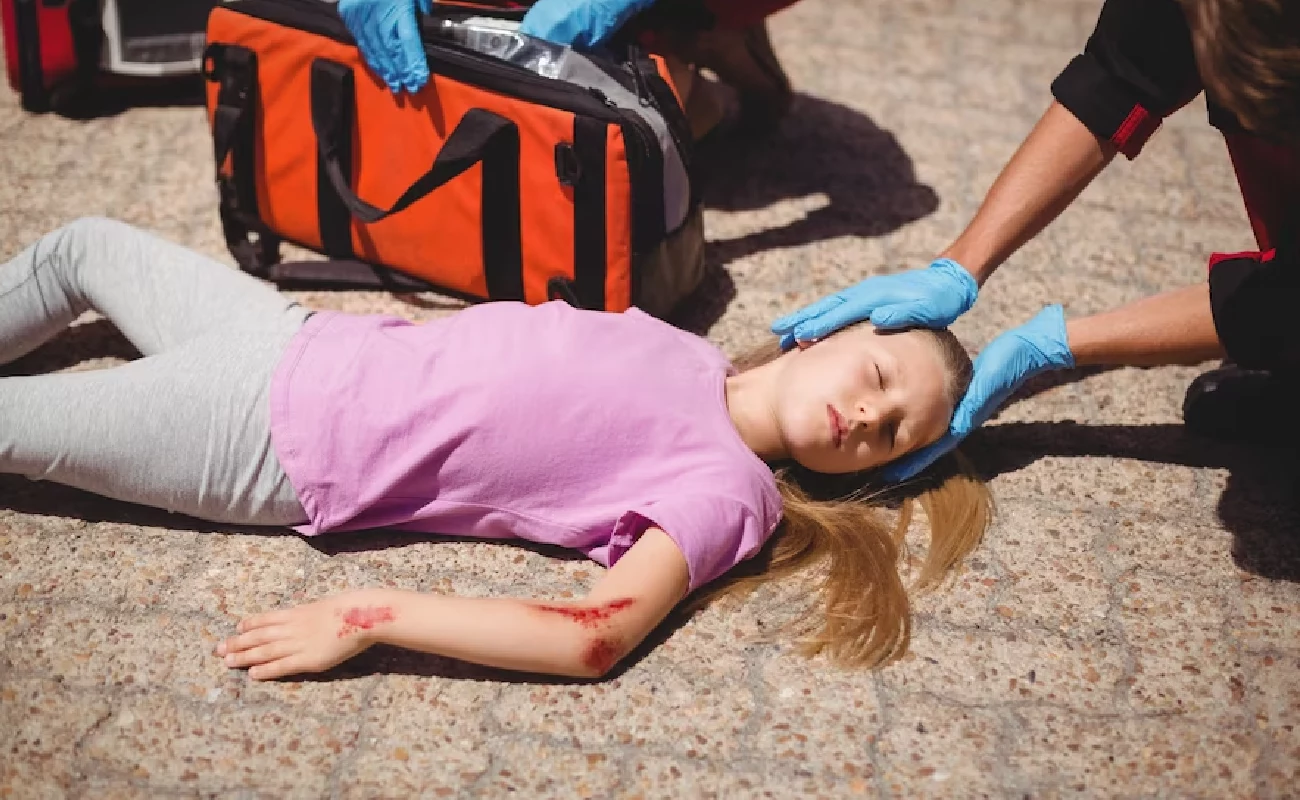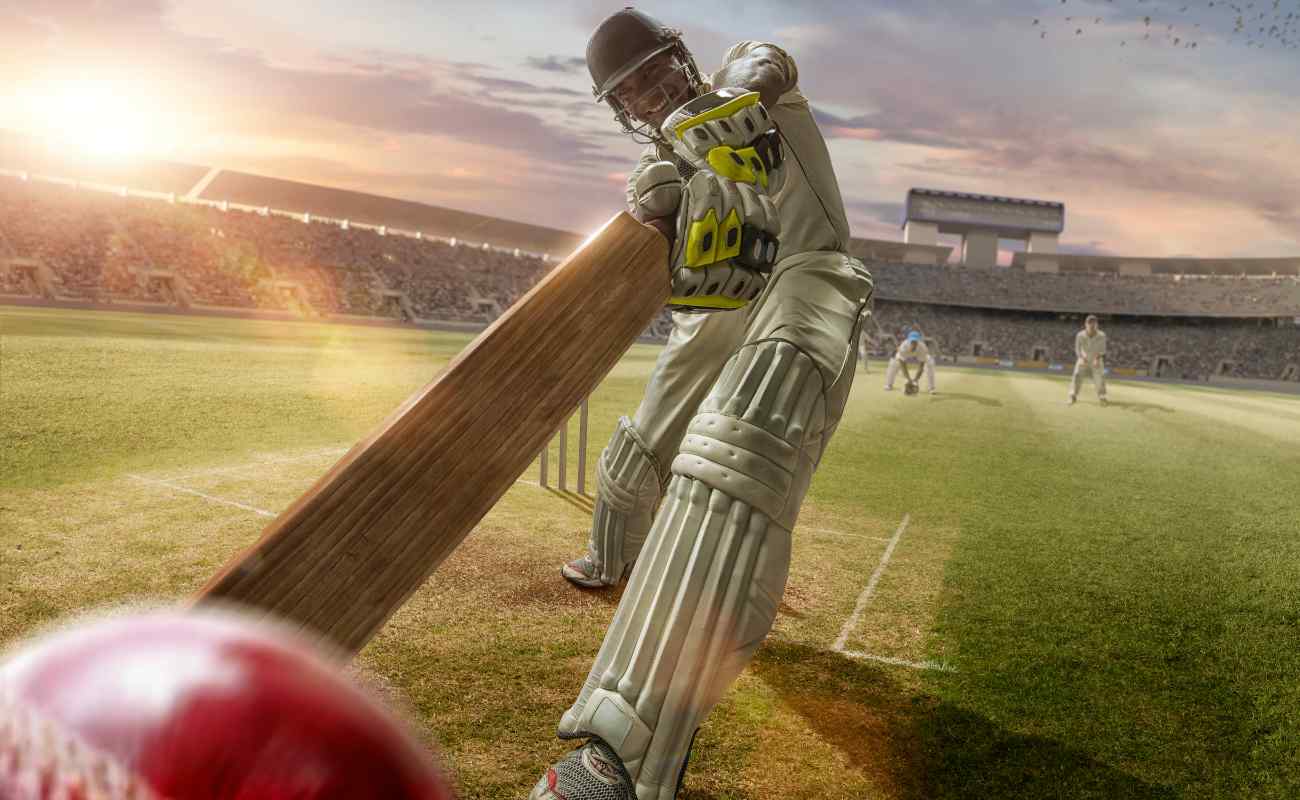
Vestibular Physiotherapy in Motor Vehicle Accident
Vestibular rehabilitation is a proven treatment for dizziness, vertigo and balance problems. The term dizziness is used to describe a variety of sensations (light headed, swaying, disoriented, etc.) Experience the best in vestibular physiotherapy and rehabilitation for motor vehicle accident patients in Mississauga. Our expert team is dedicated to helping you regain your balance and quality of life.
Vertigo is a subcategory of dizziness defined as the “illusion of movement (either of yourself or of objects around you) that is not occurring in the environment”. Vertigo is often triggered by a change in head positioning and is often described as a feeling of spinning, tilting, swaying, unbalance, or being pulled in one direction.
vestibular dysfunctionSymptoms:
Symptoms of vestibular dysfunction may be mild, lasting perhaps only seconds or minutes, or they may be severe, resulting in total disability. Not all symptoms will be experienced by every person, and other symptoms are possible. Common symptoms of vestibular disorders are listed below.
Imbalance or unsteadiness
Vertigo, (a spinning or whirling sensation; an illusion of the self or world moving)
Dizziness (a lightheaded, floating, or rocking sensation)
Blurred or bouncing vision
Nausea
Hearing changes
Problems with coordination, thinking, and memory
In addition, people with vestibular disorders may experience headaches and muscular aches in the neck and back, an increased tendency to suffer from motion sickness, and elevated sensitivity to noise and bright lights. People with vestibular disorders often report fatigue that can be so severe that it interferes with their reading and speech ability. If symptoms persist, a person may experience increased irritability, loss of self-esteem, and depression.
Conditions Treated at our location
BPPV (Benign Paroxysmal Positional Vertigo)
Vestibular Neuritis
Labrynthitis
Vestibular Hypofunction
Meniere’s Disease (Endolymphatic Hydrops)
PPPD (Persistent Postural-Perceptual Dizziness)
Recurrent Vestibulopathy
Vestibular Migraine
Post Concussion Syndrome
Cervicogenic Dizziness (related to disorders of the neck)
Falls Risk and Balance or Gait Disorders
Other vestibular disorders:
Motor Vehicle Accident (MVA) associated whiplash injury to the neck, head can lead to concussion related issues or vestibular disorders.
Concussion related to MVA leads to a quick acceleration/deceleration of the head with or without contact to any surface. Trauma to the brain can result in abnormal vestibular system functioning, and the brain can receive abnormal signals regarding the position and movement of the head in space. When vestibular information is inaccurate, the brain most often relies on visual input to stabilize the head on the body. Relying upon vision alone as the primary source of balance often leads to fatigue and difficulty performing routine daily activities.
Reliance on the visual system for balance can result in eyestrain and tension headaches. Failure to effectively compensate with the use of visual reference and joint sensors to feel the body in space results in dizziness and a sense of instability. Dizziness encourages a person to refrain from moving the head and leads to neck stiffness and headaches.
vestibular disorder Diagnosis:
The diagnosis of a vestibular disorder relies on a combination of tests and careful inspection of the history of the problem. A complete physical examination is essential to rule out other causes of dizziness, such as cardiovascular or central nervous system disorders. If a person is then referred to a specialist (otolaryngologist/ENT, otologist, or neurologist), tests may be performed to measure hearing, eye movement, and balance. A comprehensive vestibular evaluation includes examination of balance activities that involve the vestibular, vision, and proprioceptive system.
How will a Physiotherapist help in treating the problem?
Please arrive 15 minutes ahead of your appointment to complete the necessary intake forms, and bring any relevant medical documents with you — MRI/CT scan reports, specialist reports, caloric and hearing tests, and any other appropriate papers. Initial visits are one-hour, where we take a comprehensive history and perform a complete clinical assessment.
A vestibular evaluation usually includes a subjective history, an eye movement assessment, a vertigo assessment, a balance and gait assessment, and observing for compensatory strategies.
Your physiotherapist will look in your eyes to note any abnormalities of your eye gaze. For any health care professional, assessing reflexive eye motion is important in order to determine whether the vestibular system is working properly. As explained above, if one inner ear is affected by disease or injury then the sensory input being sent to the brain will falsely indicate movement from that vestibular system. In this case the eyes will adjust accordingly and move opposite to the perceived motion despite the head actually being still. An involuntary back and forth movement of the eyes, called nystagmus, results.
What treatment strategies are used for Vestibular Treatments?
Based on examination findings, customized exercises and recommendations for participating in or modifying school, work, and home activities expediates recovery. After a thorough examination, the treatment might include one of the below:
Certain Maneuver to reposition the crystal in the ear based on which canal has the problem.
Gaze stabilization exercises.
Habituation exercises.
Balance exercises.
This involves recorded observation of irregular eye movement — which is physiologically linked to impaired vestibular function — and we create a treatment plan based on the results of the assessment.
While treatment depends on our findings, it can involve education, manual therapy or head manoeuvres, a patient-specific exercise program. Certain types of vestibular disorders can resolve in 2-3 visits, whereas other types require more time and include a home exercise program.
If unsure whether Vestibular rehabilitation and physiotherapy is right for you?
Take advantage of our 10 min complimentary phone consult at 907 997 4333
Does insurance cover vestibular services?
Yes, All Insurances cover vestibular treatment as long as you are covered for the physiotherapy services. Discounts are also provided for the seniors and for the people who don’t have insurance.
Our vestibular physiotherapy rehabilitation program is designed to provide comprehensive care and assistance for MVA patients in their recovery journey.
CALL US NOW AND BOOK YOUR INTIAL ASSESSMENT TODAY!!! We try to accommodate patient the same day.




